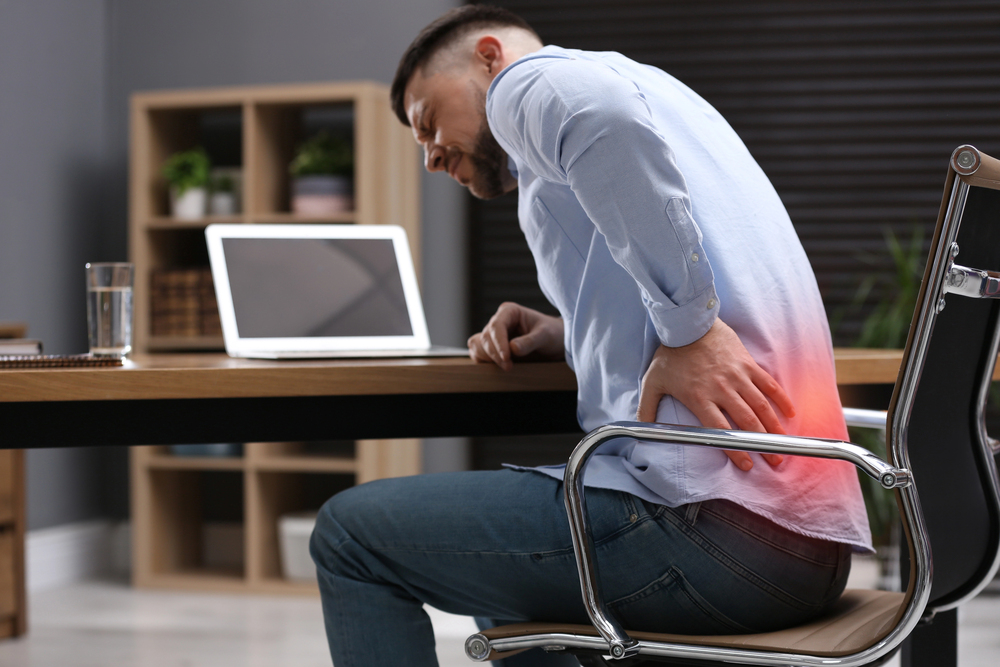There are so many health issues that can impact our ability to get to work. From headaches to IBS and beyond, we can be struck down and forced to stay at home. Getting to work is essential to earn a living. For employers, a healthy workforce is vital for effective planning and productivity. Therefore, understanding how to be resilient and reliable is an essential quality in today’s working world.
Here we offer a guide to common health issues employees face, how to get better, and how to avoid getting ill in the first place.
Body aches and pains
Repetitive workplace activity and poor posture can result in aches and some severe pain around our body. There are general measures you can take to avoid these aches and pains, such as buying the appropriate ergonomic support equipment. You should have the right chair and the right cushioning for your wrists. You should also have a screen filter and somewhere to look to refocus your eyes. You should also move regularly throughout the day, to counter any stiffness and seizing of joints and muscles.
If you don’t follow these measures, you can suffer from eyestrain or a sore neck, both of which can develop into a headache. Headaches might sound trivial, but they can hit your concentration and productivity levels. They can also become so severe that you cannot get to work and need to sit still to cope with the pain.
You could also struggle with back pain. Employers are well aware that back pain is a common reason for people to call in sick. Lower back is a result of poor posture, slouching at your desk. Other back injuries can result from poor manual handling. Consequently, you need to practice good health and safety measures in the workplace. You should be supporting your employer in these measures with appropriate exercise and other lifestyle choices.
Mental health struggles
It is a good thing that we are more aware that people struggle with mental ill-health. There has always been an issue, we just haven’t always felt free to talk about it. Life is hard, and the chances that we will struggle from anxiety and/ or depression at some point is quite high. Consequently, demonstrating compassion to those who struggle is essential. Part of this burden falls on the employer, who needs to have a policy for managers to help them know how to support people with mental health issues in the workplace.
We can also take responsibility for our mental health struggles. Our body and mind require balance. We need a careful mixture of a healthy diet, exercise, regular water intake, moments of quiet, plentiful sleep and reduced stress. Our lifestyle choices often contribute to our worries and concerns and heighten them beyond reason. Simple decisions, like avoiding coffee and excessive alcohol, can make a significant difference to our anxiety levels.
Issues with our gut
Much of our health requires balance, as our mental health shows. This is no truer than with our gut, which is a delicate system that thrives in the right conditions. If we struggle with too much stress, overeat processed and fatty food, take in too much alcohol and caffeine, we are going to upset the balance.
At a simple level, this could result in regular bouts of indigestion. Indigestion is not to be under-estimated, as it gets bad enough to cause breathing issues, sore throats and more. More complex issues can develop for some. Irritable Bowel Systems (IBS) can be debilitating. It can cause severe cramping and abdominal pain, as well as gas, bloating, diarrhoea and constipation. There are trigger foods that will cause this for individuals. However, we can help alleviate the condition with our personal lifestyle choices.
It is also worth noting that office workers increase the chances of colon cancer by 44% due to the sedentary seating position they maintain for long periods. Regular movement is essential to the maintenance of our continued good health.
Infections
Viruses and bacteria pass from person to person. When we work closely together, it is easy to pass on germs and bugs. We expect to get the occasional cold and upset stomach. Much of the discomfort and upset can be avoided with good hygiene. At work, your keyboard is likely to have more germs than your toilet seat. Your neighbour, who regularly eats at their desk, could be attracting critters with their diseases.
Your employer has a lot of responsibility to maintain high levels of cleaning in your workplace. However, you should also wash your hands, use hand sanitiser and clean down your desk with an anti-bacterial wipe.
Find a Home-Based Business to Start-Up >>> Hundreds of Business Listings.

















































